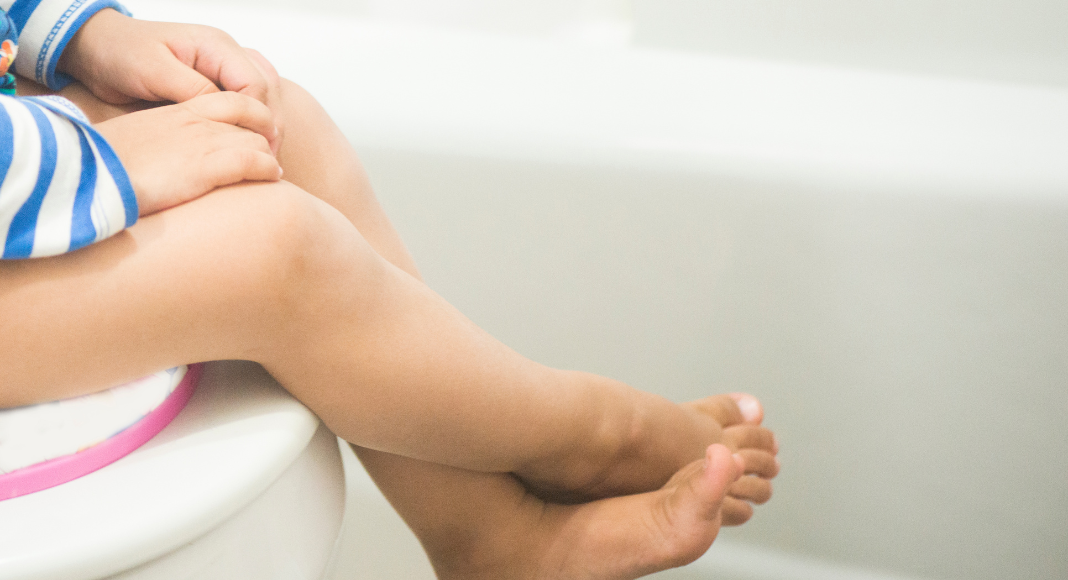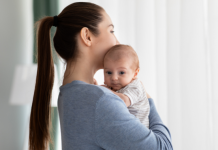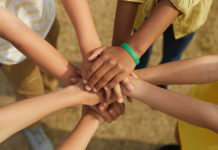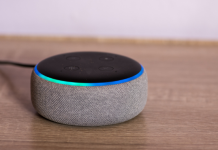 When we were potty training my oldest son, we did ALL the things. We bought books to read to him, books for us to read, potty chairs, magnetic charts, stickers, candy…everything. We started when he was just barely two years old at the daycare provider’s request. Nothing worked. It was a major sort of stress in our lives and I’m sure his too. He was finally potty trained at 3 years, 3 months old when he made up his mind that he wanted to do it.
When we were potty training my oldest son, we did ALL the things. We bought books to read to him, books for us to read, potty chairs, magnetic charts, stickers, candy…everything. We started when he was just barely two years old at the daycare provider’s request. Nothing worked. It was a major sort of stress in our lives and I’m sure his too. He was finally potty trained at 3 years, 3 months old when he made up his mind that he wanted to do it.
When it was time for our second son to start potty training, we still had all the things but decided to just set them out and let him lead us. We didn’t do a chart. No timers or watches were set. The potty-training books sat on the shelf unless he wanted us to read them.
Our approach with him? Let him decide.
He decided he was done with pull-ups when we were on a family vacation in Colorado. I think because we drank so much water because of the dry climate and altitude, he just decided it was faster to use the potty than to get cleaned up. That’s it. He decided and never even had an accident after that. He was 3 years, 3 months old.
Please note: This is our experience and should not be taken as medical advice.
Interesting Facts
- Globally, over 50% of babies are potty trained by 12 months old. (This would not have been reassuring to me!)
- In 1957, 92% of American children were potty trained by 18 months old.
- As disposable diapers got better and cheaper, the potty-training age increased. (The Economics of American Potty Training – Smart Money Mamas)
- Now 40-60% of American children are potty trained by 36 months of age. (Toilet Training | AAFP)
The Research
What does research tell us? It depends on the source. Some sources I looked at showed that waiting until the child is ready is best. T. Berry Brazelton is someone who has contributed a lot of information to child development (the Wonder Weeks materials are based on his work).
Another source I found showed that earlier potty training was linked to fewer health problems in children. A common approach for that type of training is called Elimination Communication and is used in China.
A good summary of the methods can be found here: Toilet Training | AAFP
Practical Tips
If you’re having concerns, always talk to your pediatrician or another favorite healthcare provider.
Everyone has an opinion on what method is best. Spend some time learning about the various methods to see which one aligns with your family best. Start there.
Finally, if your child isn’t potty trained as early as their friends, I know what you’re going through! It can be really tough, but their day will come. You’ve got this!

















